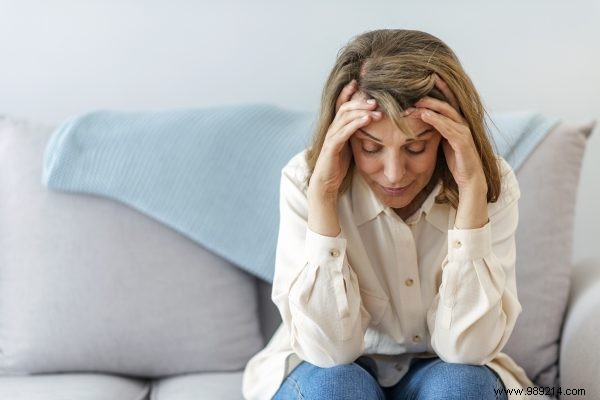
If everything in nature serves a purpose, why do we live decades beyond our fertile years? As an orthomolecular advisor specializing in menopause, I've long pondered this. In this article, I explore the true sense of menopause—backed by science and real-world insights.
Our bodies work tirelessly 24/7 to maintain balance and health, which fascinates me endlessly. Yet menopause raises intriguing questions. A study in PLOS Computational Biology reveals its value: extending the post-reproductive lifespan boosts fertility in offspring and grandchild survival rates. Grandmothers provide care, share wisdom, and lead—enhancing species survival.
We see this in nature too. Orcas remain fertile until 40 but live up to 90 years. Indian pilot whales are fertile to 35, with a lifespan of 60.
Recognizing menopause as the end of fertility—not life—let's bust some myths with evidence-based facts.
Reality: It typically begins around 45. Lifestyle plays a key role—not just in symptoms, but onset. Poor habits can trigger early signs by 40.
Reality: Cycle fluctuations are often the first sign. Skipping a month counts; no period for a year confirms menopause.
Metabolism slows slightly, and hormonal shifts plus sleep issues can lead to poorer choices in eating and activity. But examine your habits holistically: optimize nutrition, exercise, strength train, and manage stress to maintain a healthy weight.
Also read my latest article: '5 tips to start the autumn with a relaxed vibe'
Hot flashes stem from temperature sensitivity, but lesser-known issues include irritability, heart palpitations, bloating, joint pain, and muscle stiffness.
Beyond challenges, aging brings rewards:
Menopause is a profound life stage. For deeper insights, explore inspiring books that frame it as a beautiful evolution. Contact me for workshops or retreats.
Sandra van Leeuwen, orthomolecular advisor and menopause specialist, empowers women over 40 through education on healthy living. With years of experience running workshops and retreats across the Netherlands, and her practice in Weesp, she draws from real client transformations. Visit sandravanleeuwen.com for more.